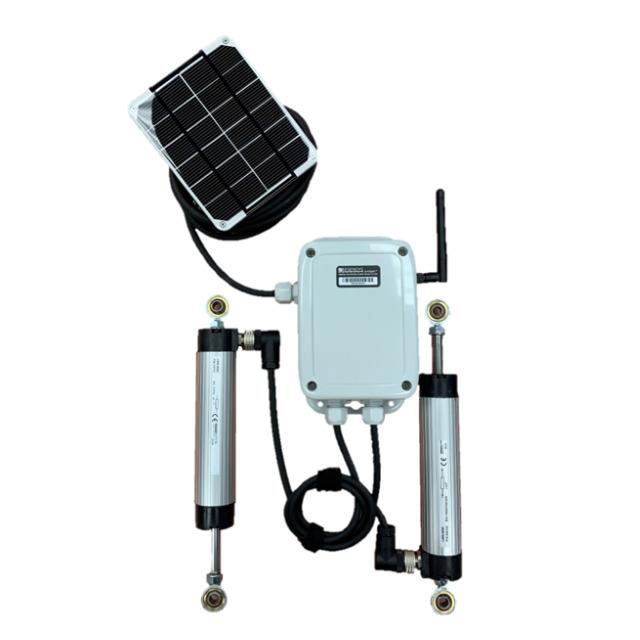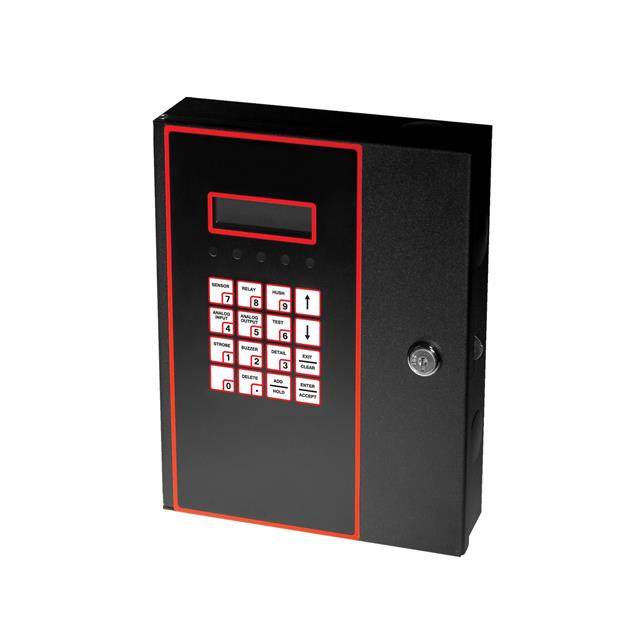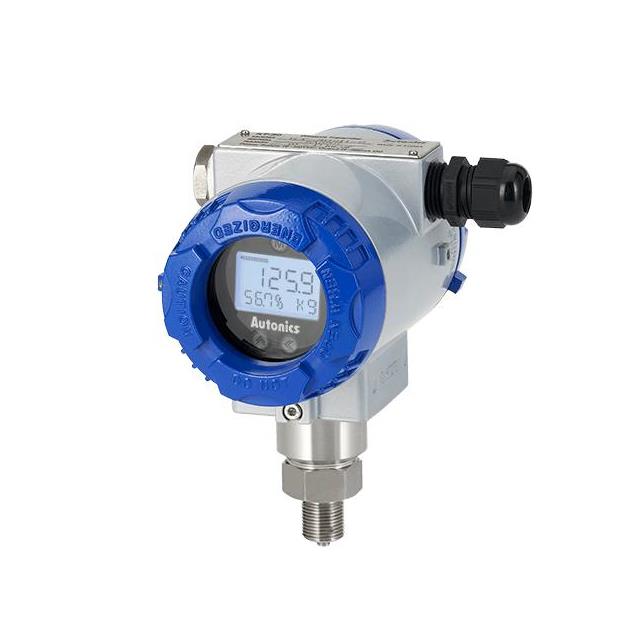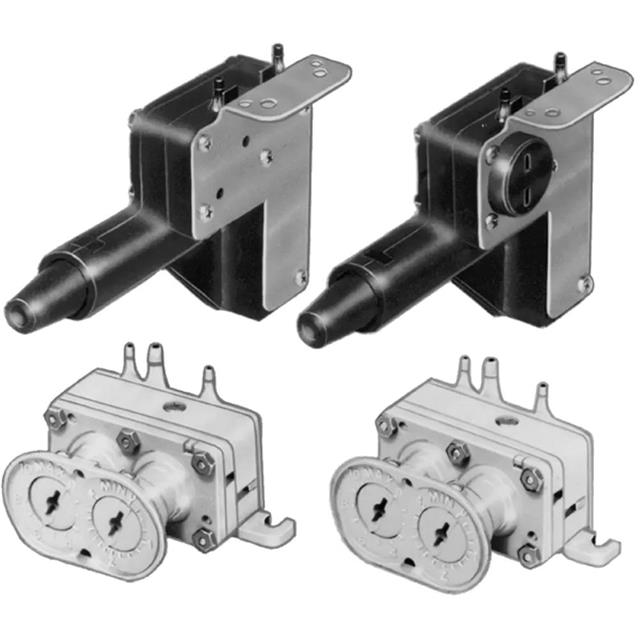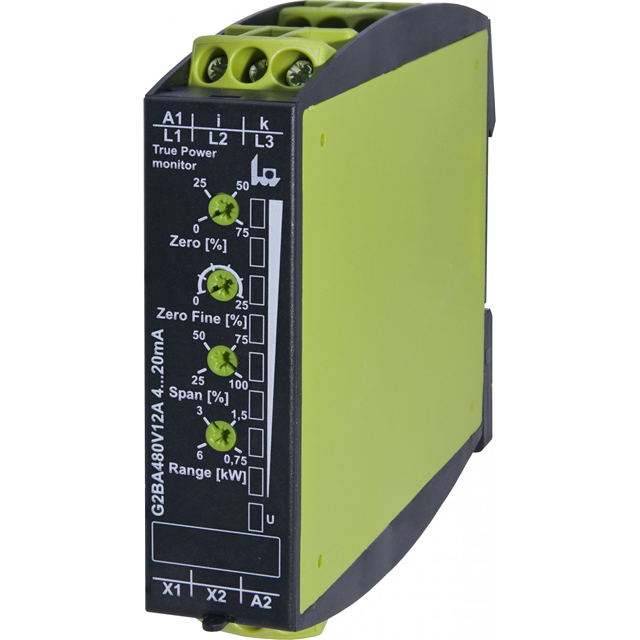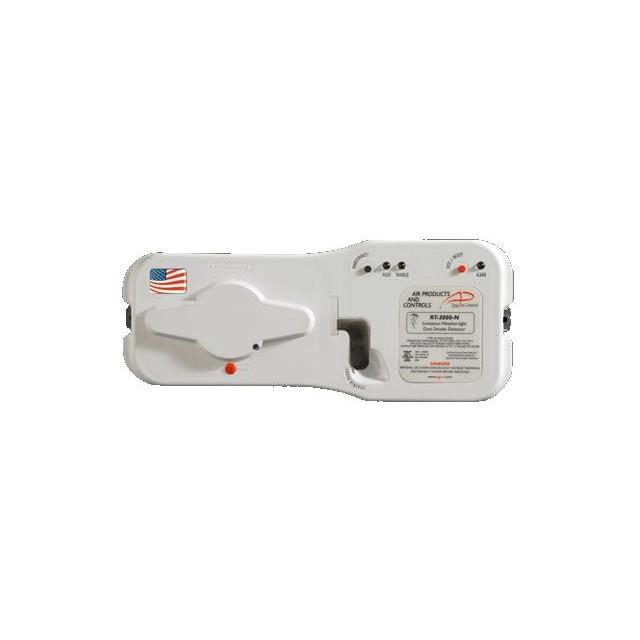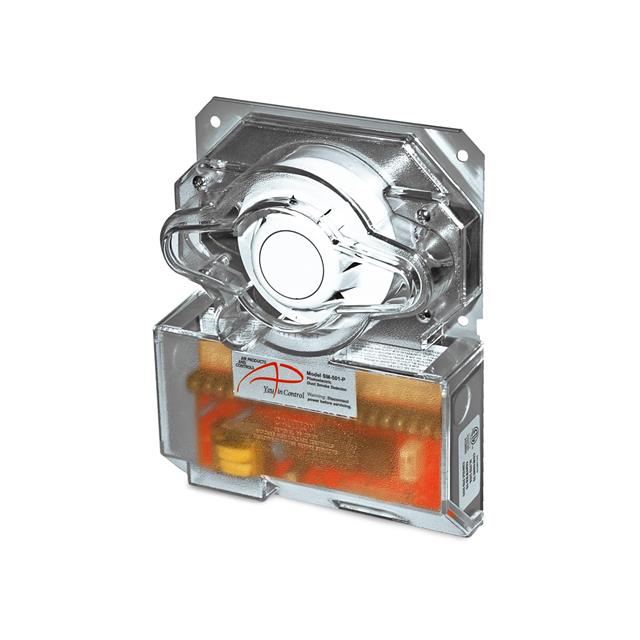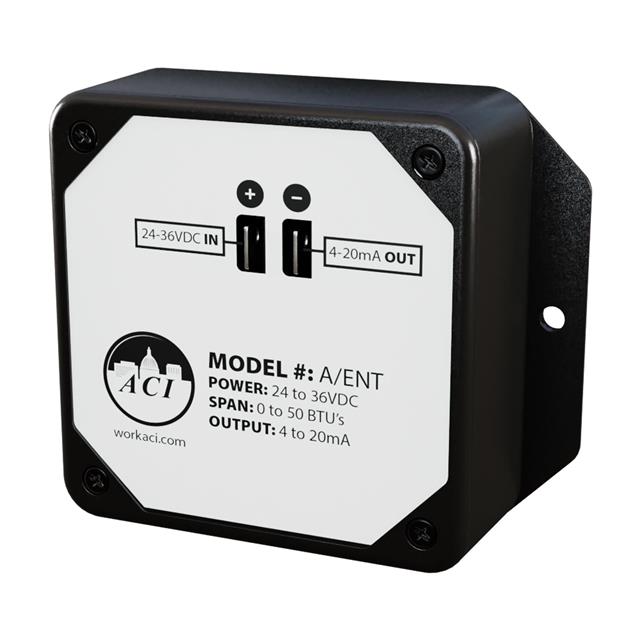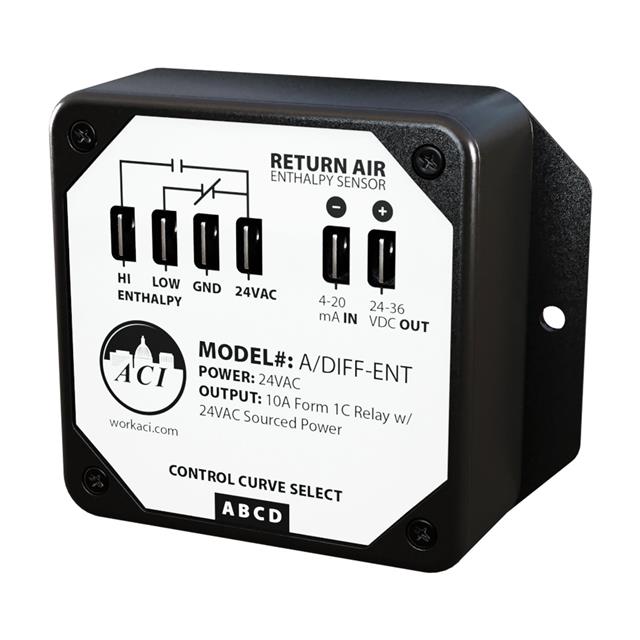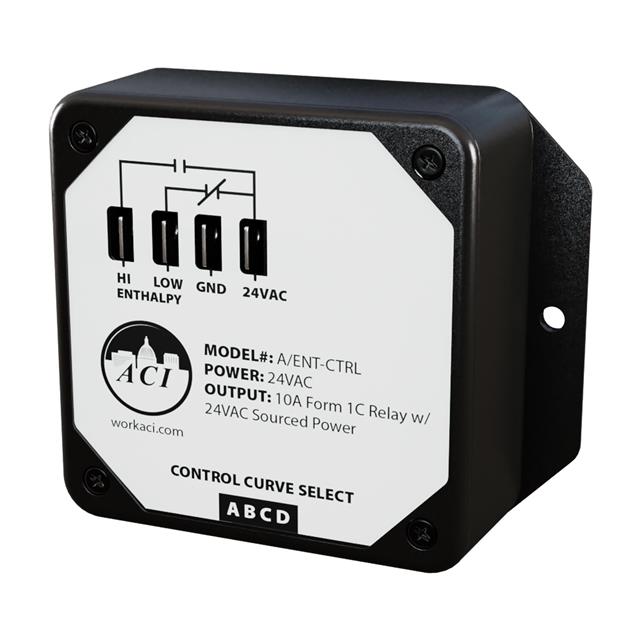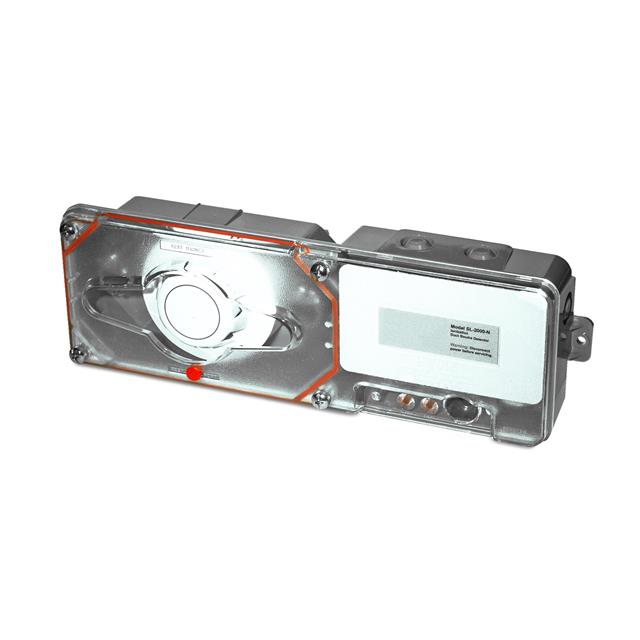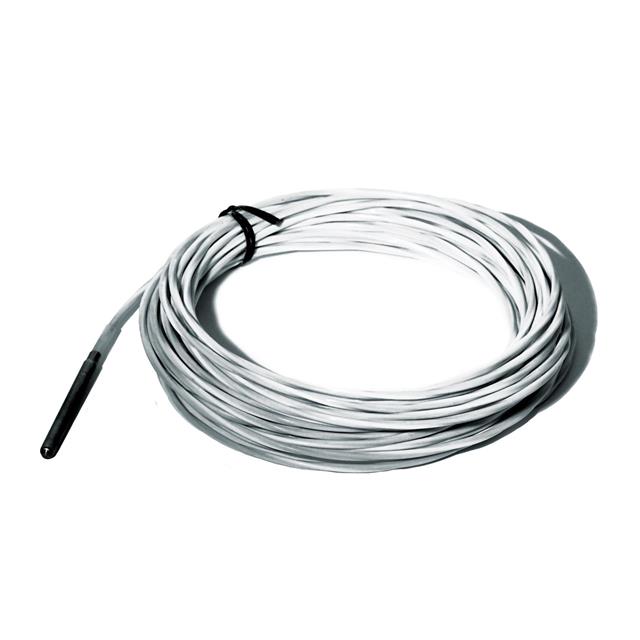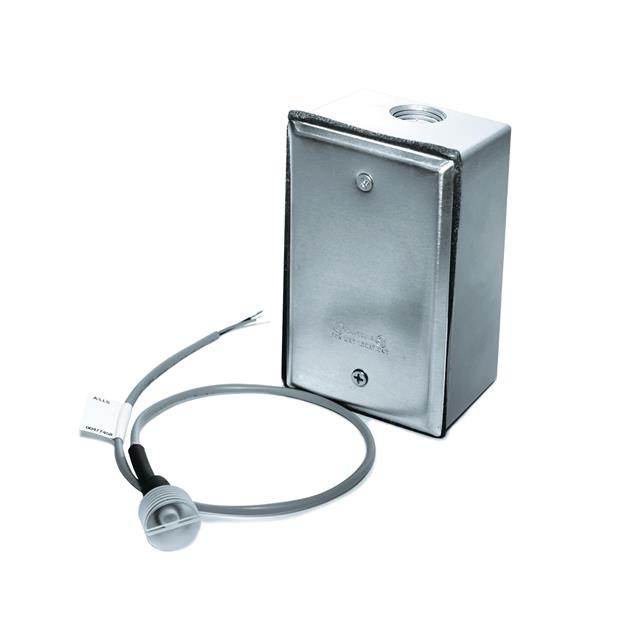Categories
- Specialized Sensors(1,567)
- 1
- 2
- 3
- 4
- 5
- 6
- 79
Specialized sensors are sensors designed for specific applications or conditions. These can include gas sensors, humidity sensors, light sensors, pressure sensors, and accelerometers, among others, suitable for various industries, medical applications, environmental monitoring, and consumer electronics. Specialized sensors typically feature high accuracy, high sensitivity, and adaptability to specific environments.
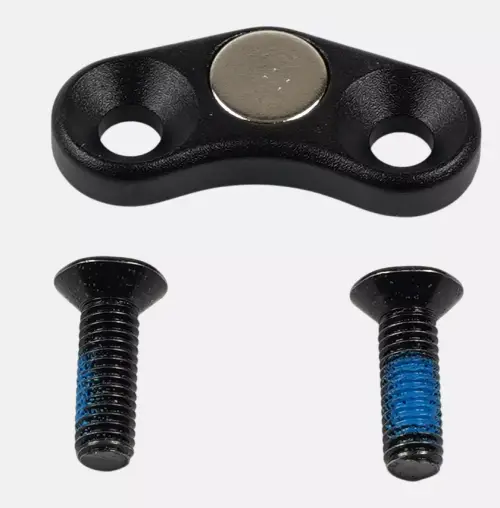
Specialized Sensors
Specialized sensors are advanced devices designed to measure specific physical parameters or conditions that are not typically addressed by standard sensors. These sensors are tailored for particular applications, providing enhanced accuracy, sensitivity, and functionality to meet unique requirements.
Key Types of Specialized Sensors:
- Chemical Sensors:Used to detect and analyze chemical substances in various environments. They can measure concentrations of gases, liquids, or even specific ions in solutions.
- Biosensors:Designed for biological applications, these sensors detect biological changes or the presence of specific biomolecules, often used in medical diagnostics and environmental monitoring.
- Temperature Sensors:Beyond standard thermocouples and thermistors, specialized temperature sensors can provide high precision in extreme conditions, such as cryogenic or high-temperature environments.
- Pressure Sensors:These sensors are fine-tuned for specific pressure ranges and conditions, such as those found in deep-sea exploration or high-altitude environments.
- Proximity Sensors:Specialized types, like inductive, capacitive, or ultrasonic sensors, are used in various applications to detect the presence or absence of objects without direct contact.
- Accelerometers and Gyroscopes:Specialized sensors used in navigation, motion detection, and stabilization systems, offering precise measurements of acceleration and rotational movements.
- Lidar Sensors:Light detection and ranging sensors are used for distance measurement and mapping applications, commonly in autonomous vehicles and environmental monitoring.
Applications:
- Industrial Automation: Specialized sensors monitor specific process parameters, enhancing efficiency and safety in manufacturing.
- Medical Devices: Biosensors and other specialized sensors are critical for monitoring health conditions and delivering precise diagnostics.
- Environmental Monitoring: Sensors designed for detecting pollutants, climate changes, or water quality contribute to ecological studies and pollution control.
- Automotive Industry: Specialized sensors improve vehicle performance, safety, and navigation systems.
Advantages:
- Enhanced Accuracy: Tailored design allows for precise measurements in specific conditions.
- Improved Sensitivity: Specialized sensors can detect minute changes in the environment or conditions.
- Application-Specific Features: Many specialized sensors include integrated processing capabilities or advanced communication protocols for easier integration into systems.
In summary, specialized sensors play a crucial role in diverse fields by providing targeted measurements and functionalities that standard sensors cannot offer, leading to improved performance and efficiency in various applications.







